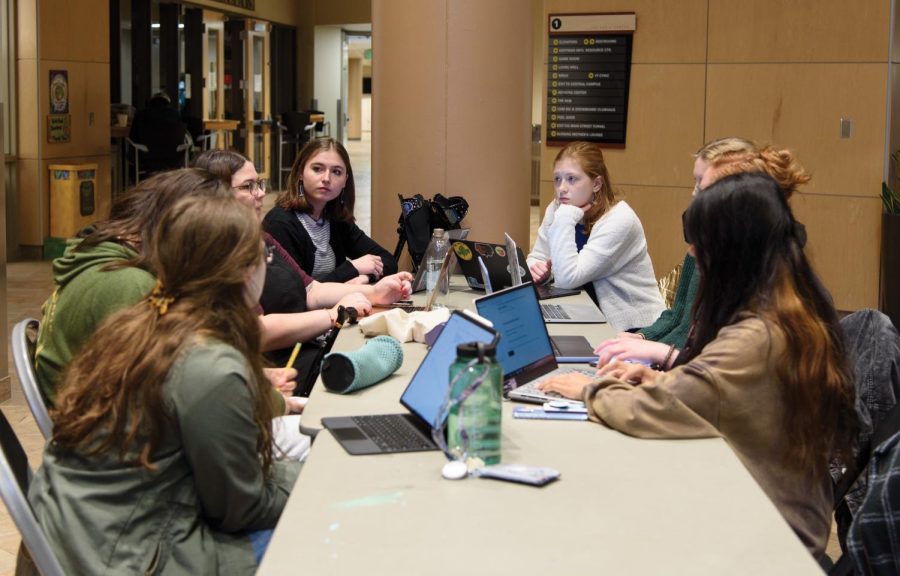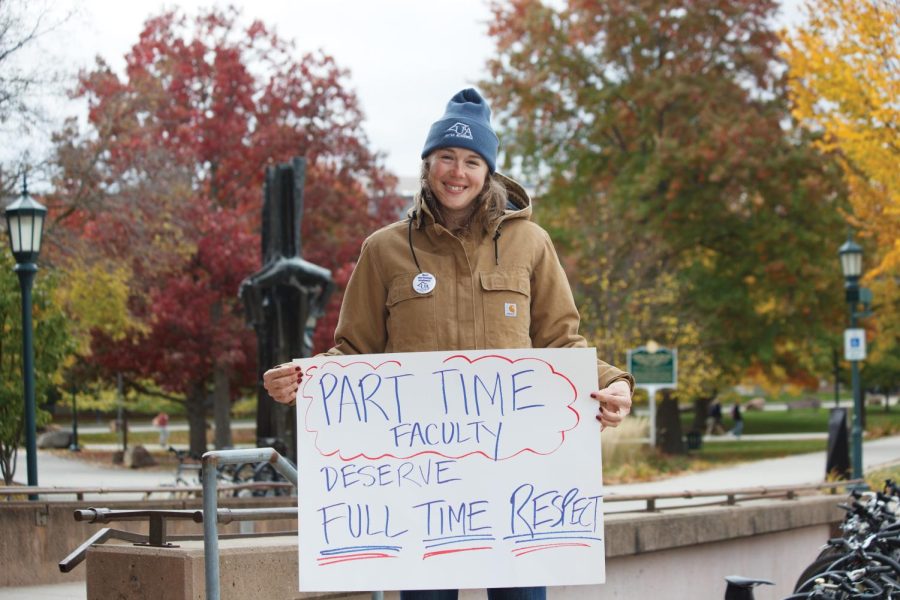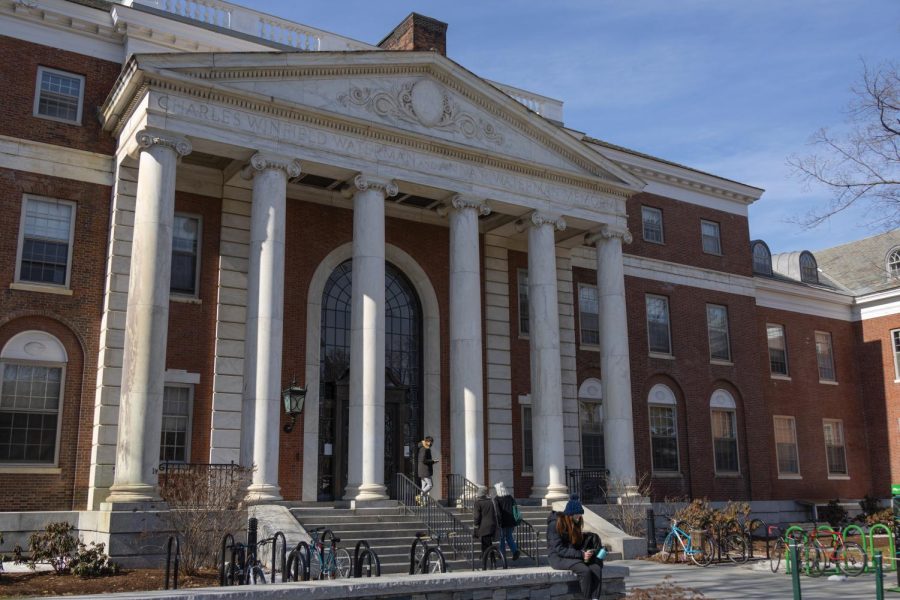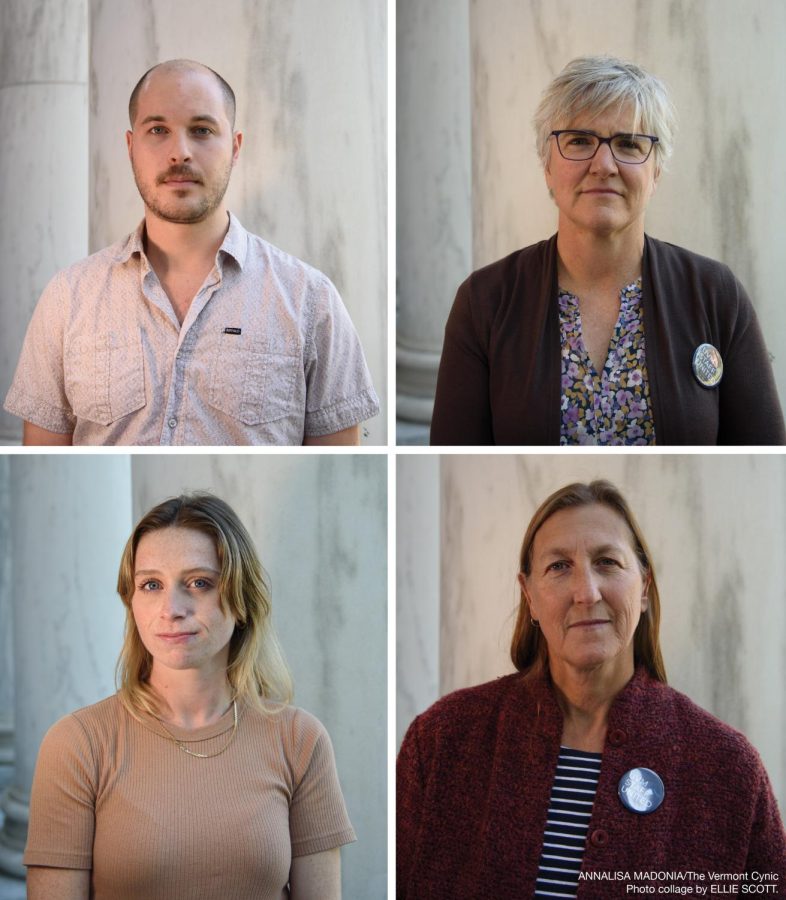Some students say they are confused about their rights in a dorm as opposed to off-campus.
“I don’t even know; they probably can’t search through my stuff but I would assume if they ask me to open a drawer or something, I have to do it,” first-year Olivia Marelic said.
Even if resident advisers or resident directors believe students are using prohibited objects, students are protected by privacy rights.
Students living on-campus are protected by the fourth amendment from unreasonable search and seizure because UVM is a public institution, said Lucy Singer, a member of UVM’s General Counsel.

No matter the circumstances, RAs cannot enter a dorm room without the resident’s permission, Jeanne Mance RA Katarina Fielding said. However, RDs can come in if there is a suspected emergency.
Also, an open door is not the same as an invitation inside. However, RAs may ask to enter if illegal substances or harmful behavior is visible when the door is open.
“If I knock on the door and you open it and I see beer, it’s over whether you realized [I was an RA] or not,” Fielding said.
Even if the door is closed, Fielding said RAs reserve the right to call police services if they suspect illegal substances are being used.
When questioned about whether they would open their door for an RA, first-year Michael Daley said, “They’ll call the police. You’re in trouble no matter what, might as well make it less painful.”
Fielding also said that resident directors have the same privileges as resident advisers.
Resident directors and assistant resident directors can enter and inspect a room or suite upon “reasonable cause,” according to the ResLife Terms and Conditions.
Reasonable causes include the sight or odor of smoke of any kind, the sight of alcohol or illegal substances or a tip from a reliable source that illegal substances or a weapon are in a room, according to ResLife Terms and Conditions.
RDs and assistant RDs are advised not to enter the room without talking to an acting director, but if the situation appears urgent, they may enter immediately.
Anyone entering a room is required to knock, identify themselves and, once inside, state their reason for doing so.
If the purpose is to investigate possession of illegal substances, students “will be provided an opportunity to voluntarily produce any item or substance for which the entry has been made,” according to Terms and Conditions.
The inspection will be done to confirm whether or not there are any illegal substances in the room or if there is a risk to the health of the students.
“We can’t open drawers or anything like that, that would be really intrusive,” said senior Bekah Corey, an RA in Harris Millis. “RDs are definitely a step above us, but they’re not the police either.”
ResLife staff are not law-enforcement and the reason for inspecting rooms is health and safety concerns, Singer said.
If the police have been called, they can enter the room if they have consent of the residents or a warrant, and can seize any illegal substances in plain view, Singer said.
“That’s what’s difficult about the job,” Corey said. “There’s kind of this faux idea of authority but really we [RAs] are kind of on the same level as anyone else, we just offer more guidance.”

















